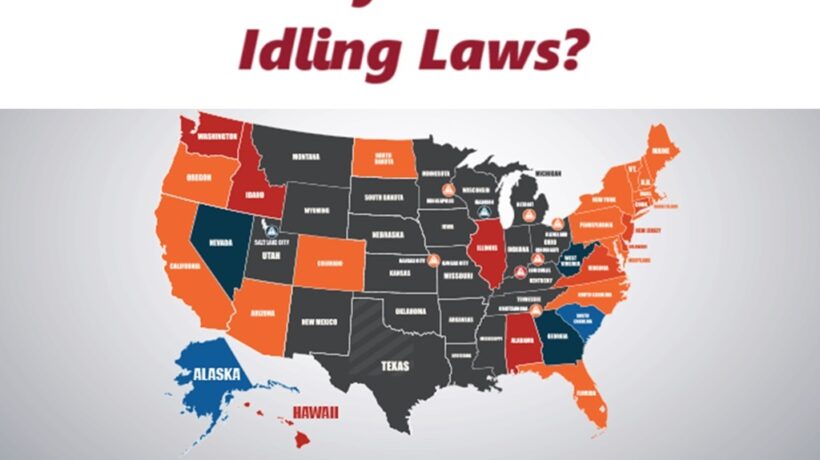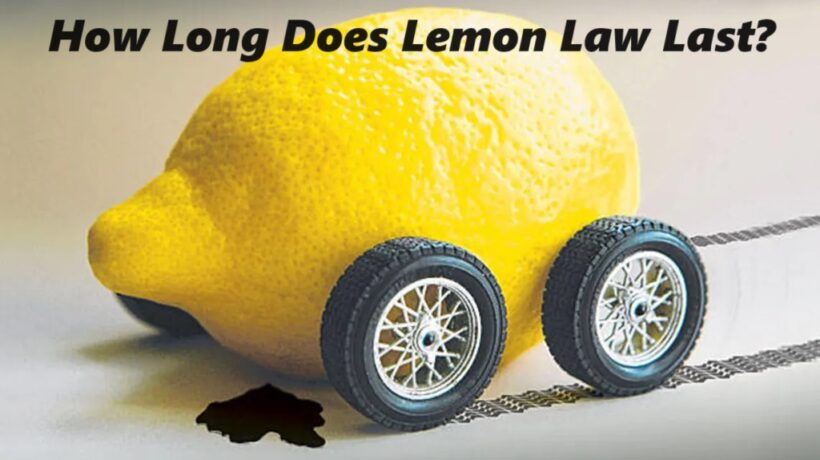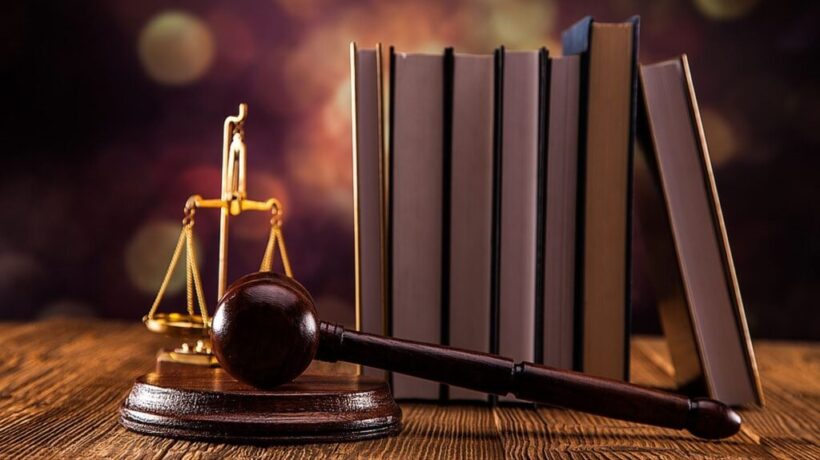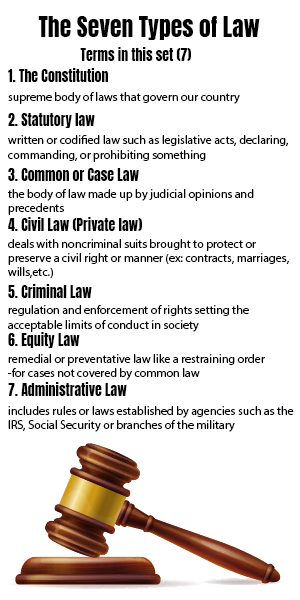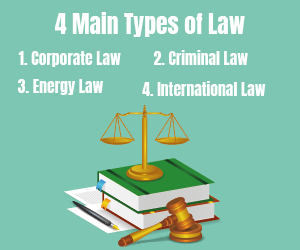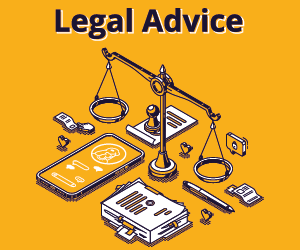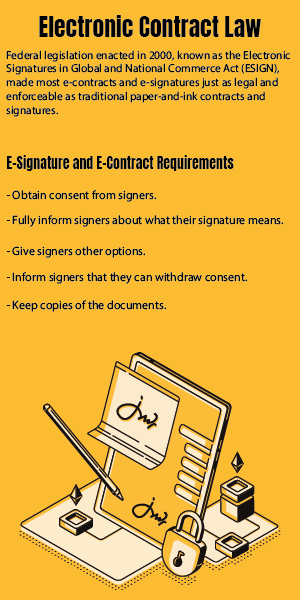Key Takeaways:
- Understanding personal injury law is crucial for protecting your rights after an incident.
- Time is of the essence when filing a claim, and understanding the statute of limitations can be pivotal.
- Knowing when to obtain legal representation can significantly influence the outcome of your case.
- Negotiating with insurance companies requires knowledge and tact, often best handled by a professional.
- Recovery goes beyond compensation and includes physical, emotional, and social rehabilitation.
Introduction to Personal Injury Law
Personal injury law encompasses a vast range of scenarios where individuals have suffered harm through the negligence or wrongful acts of others. These can manifest as physical or emotional injuries and account for a considerable number of legal actions filed each year. Personal injury law offers a legal remedy for injury-related costs while also serving as a deterrent to irresponsible or reckless behavior. Given the complex nature of such cases, it’s often advised to seek guidance from expert lawyers in Vero Beach, who can navigate the legal intricacies and advocate on behalf of the injured party.
The premise is simple yet powerful: if someone’s negligent conduct has caused harm, the injured party should not bear the financial burden. There’s more at play than just the immediate physical injuries—personal injury law takes into account the carry-on effects, such as loss of earnings, mental trauma, and reduced quality of life. It provides a mechanism for the injured to assert their rights and receive just compensation for the wide-ranging consequences of their injury. This understanding is essential for anyone unexpectedly thrown into the aftermath of an accident or injury. Proper legal support can be reassuring when stability is most needed.
The Process of Filing a Personal Injury Claim
The aftermath of an unforeseen injury is often a tumultuous period filled with confusion and concern. For those seeking justice, the initial actions taken can heavily influence the direction and success of a subsequent claim. The cornerstone of this process is evidence. With evidence, even the most legitimate claims can continue. Beginning with immediate medical documentation, injured individuals should capture every detail. Emergency room reports, doctor’s evaluations, and rehabilitation receipts all build a compelling narrative. Timely and detailed recording of incidents will act as irrefutable proof of the injury’s occurrence and severity.
Gathering evidence often extends beyond personal documentation—third-party accounts and physical evidence also play a crucial role. Witness testimonies, photographs of the scene and injuries, and even video footage can substantiate the claimant’s account of events. Law enforcement and accident reports are also invaluable when establishing a transparent chain of events. Claimants should also be aware that their actions, such as statements about the incident or social media posts, could be scrutinized during the claims process. Therefore, careful consideration should be given to information shared in public forums, as it may inadvertently affect the outcome of the claim.
Determining Liability and Negligence
The question of liability—who is legally responsible for the injury—is a pivotal issue in any personal injury case. This responsibility is traditionally premised on negligence, a legal concept that requires proof of four components: duty, breach, causation, and damages. A successful negligence case requires the aggrieved party to demonstrate that the defendant owed them a duty of care that the defendant breached that responsibility by acts or omissions, that the defendant directly caused the injury, and that the injury resulted in damages. Depending on the specifics of each instance, the subtleties of these components can be very complicated.
Establishing liability often involves a meticulous reconstruction of the incident from various perspectives, requiring analysis of all available evidence. This evidence may include testimonies from witnesses and experts in particular fields, such as accident reconstruction or medical specialists who can attest to the nature and extent of the injuries suffered. Having skilled professionals who can interpret and present this evidence in a legal context is typically a decisive factor in proving negligence. Sometimes, liability may be shared among various parties, allocating responsibility and subsequent compensation complex.
Types of Damages in Personal Injury Cases
Damages in personal injury cases are monetary measures of the harm the injured party suffers. They are categorized into two main types: compensatory and punitive.
On the other hand, punitive damages go a step further by aiming to punish the wrongdoer for particularly harmful conduct and deter similar future actions. These types of damages are less common and typically awarded only when the defendant’s behavior is found to be egregiously harmful or reckless. They are often a multiple of the compensatory damages and can dramatically increase the financial recovery in a case. Whether seeking compensatory or punitive damages, the valuation process is inherently complicated, relying on various formulas and the court’s discretion to determine an appropriate amount for the harm suffered.
Statute of Limitations: The Critical Timeline
The statute of limitations imposes a stringent time constraint on filing a lawsuit after an injury. This time limit differs depending on the state and the type of personal injury claim.
There are, in certain circumstances, exceptions to this rule. These exceptions can extend the filing deadline — such as in cases where the injured person was a minor at the time of the injury or when the injury was not discovered until later, known as the “discovery of harm” rule. However, these are specific legal situations that typically require the insight and expertise of a personal injury attorney to navigate successfully. The uncertainty and potential for exceptions make this aspect of personal injury law especially precarious for those unfamiliar with the legal system, highlighting the importance of obtaining professional legal advice early on.
Legal Representation: When to Hire an Attorney
Lawyers are trained to anticipate potential pitfalls and efficiently maneuver through legal procedures’ labyrinth. They can accurately evaluate the value of your claim, draw upon legal precedents, and construct a compelling argument in your favor. The case’s complexity also influences whether to hire an attorney, the extent of the injuries, and the potential legal strategies of opposing parties.
However, it is crucial to understand the specific terms of this agreement, as the percentage of the contingency fee and the costs covered can vary. Furthermore, personal injury law is a specialized field, and attorneys well-versed in these cases can often negotiate higher settlements or argue more effectively in court, making their expertise and guidance invaluable.
The Settlement Negotiation Process
Settlement negotiations are a cornerstone of the personal injury claims process, providing an opportunity to resolve the matter outside court. This process often begins with the injured party’s attorney presenting a demand letter to the opposing party, outlining the details of the injury, the argument for the defendant’s liability, and the amount of damages being sought. Negotiations can be intricate, as both sides present their most potent arguments while evaluating the risks and benefits of proceeding to trial.
Negotiation is as much about psychology as it is about legal strategy. Knowing when to push for more and when to compromise requires experience and acute judgment. The goal is always to achieve the best possible outcome for the injured party, which includes evaluating the strength of the case, the likelihood of proving liability in court, and the amount of damages a jury might award. A successful negotiation requires a thorough understanding of the claim’s value, the ability to communicate effectively, and the shrewdness to judge the tenor of the opposition.






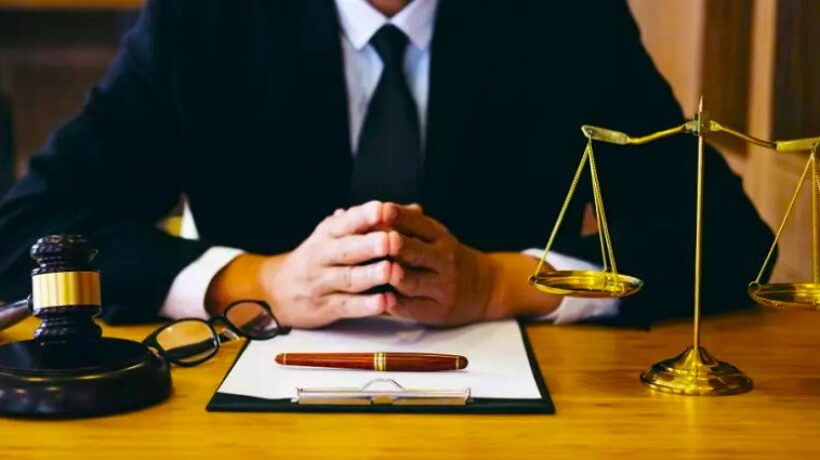


 SWOT analysis is the primary tool for opportunity identification in business. It involves analyzing strengths, weaknesses, opportunities, and threats.
SWOT analysis is the primary tool for opportunity identification in business. It involves analyzing strengths, weaknesses, opportunities, and threats.